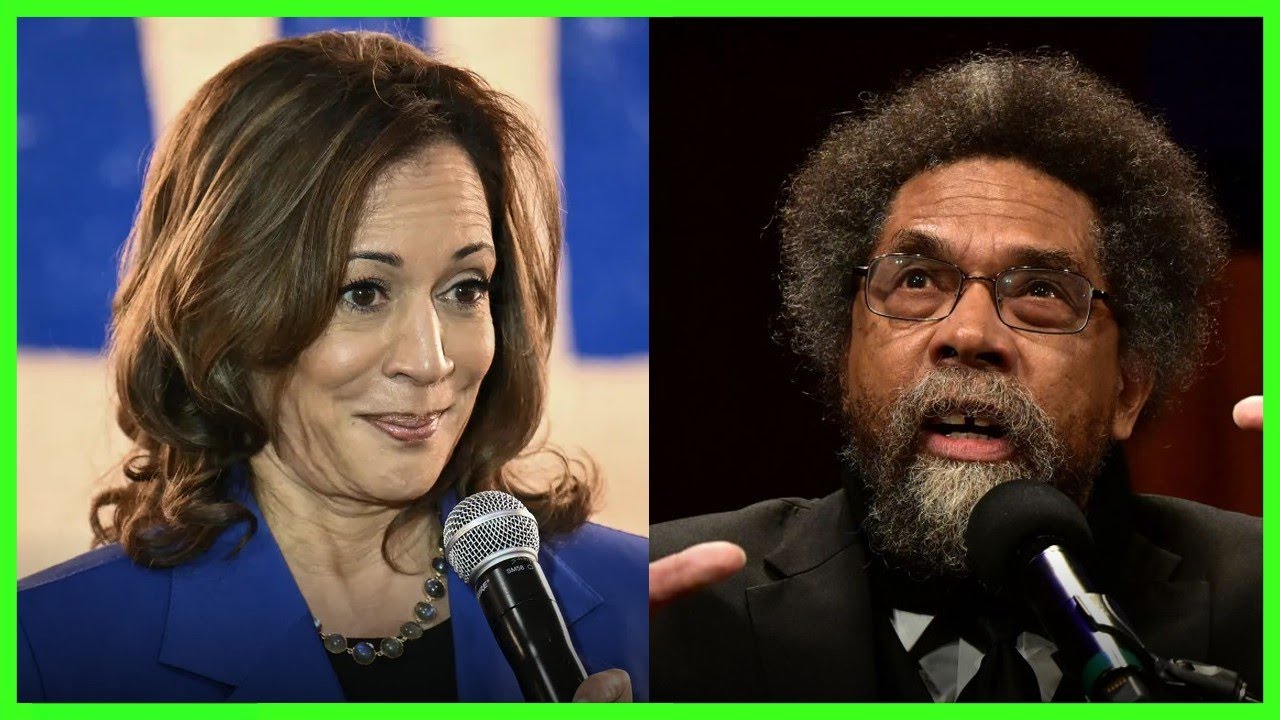Cornel West, an independent candidate in the 2024 presidential race, has accused the Democratic Party of attempting to bribe him to withdraw from the contest. During a recent interview, West disclosed that Democratic leaders approached him with offers of positions and resources if he would step back, particularly to bolster Kamala Harris’s campaign.
West, known for his outspoken criticism of the Democratic establishment, recounted how he was urged to support what was described to him as a “historic moment” for a Black woman to lead the nation. Despite the allure of substantial incentives, West stood firm, stating, “That’s not the game I play.” He emphasized his commitment to integrity and honesty, critiquing the Democratic Party’s focus on “money, manipulation, and transaction,” which, according to him, has estranged them from the real issues affecting ordinary Americans.
This episode casts a shadow over Kamala Harris’s campaign, raising questions about the Democratic Party’s strategies in securing her candidacy. Harris, who is already navigating a complex electoral environment, may find these allegations compounding the scrutiny over her campaign’s transparency and ethical considerations. The possibility of such backdoor negotiations could undermine voter confidence, particularly among those already skeptical of mainstream political maneuvering.
West’s accusations come amid his ongoing legal battles to appear on ballots nationwide. He recently celebrated a legal victory in Michigan, where the court ruled against the Democratic Party’s attempts to block his candidacy. The Democrats had challenged West’s legal standing based on alleged deficiencies in his affidavit of identity, but the court found these challenges baseless, allowing West to proceed in the race.
The broader implications of West’s allegations are significant. They highlight the challenges faced by independent candidates who often struggle against the entrenched power dynamics of major political parties. West’s narrative underscores a growing dissatisfaction among voters who feel alienated by traditional party politics, potentially galvanizing support for alternative voices in the political arena.
Moreover, this incident could impact how voters perceive the Democratic Party, particularly its commitment to democratic principles and inclusivity. As West continues his campaign, he champions the need for authenticity and grassroots engagement, arguing that the fight against systemic issues cannot be won with “more lies and crimes.”
In an election cycle where trust and transparency are paramount, these allegations may resonate with voters disillusioned by political norms. As the race progresses, the Democratic Party will need to address these concerns head-on, ensuring their strategies align with the values they profess to uphold. Meanwhile, West’s steadfastness in his campaign could inspire a reevaluation of the political status quo, encouraging a more diverse and representative electoral landscape.


Leave a Comment